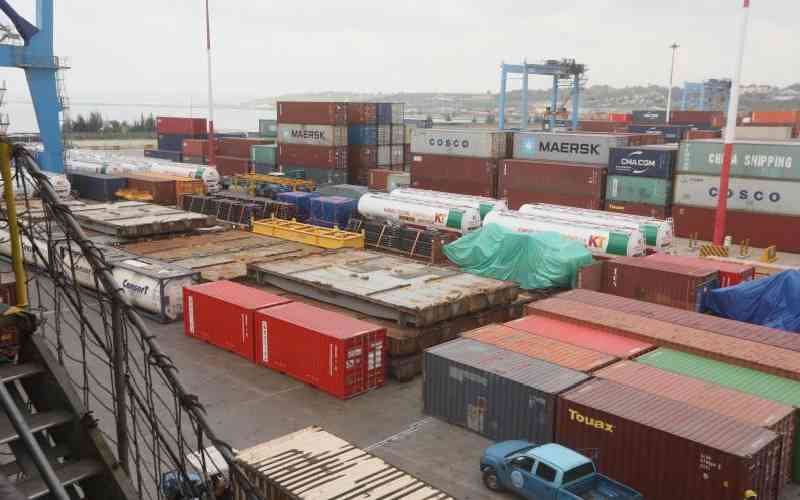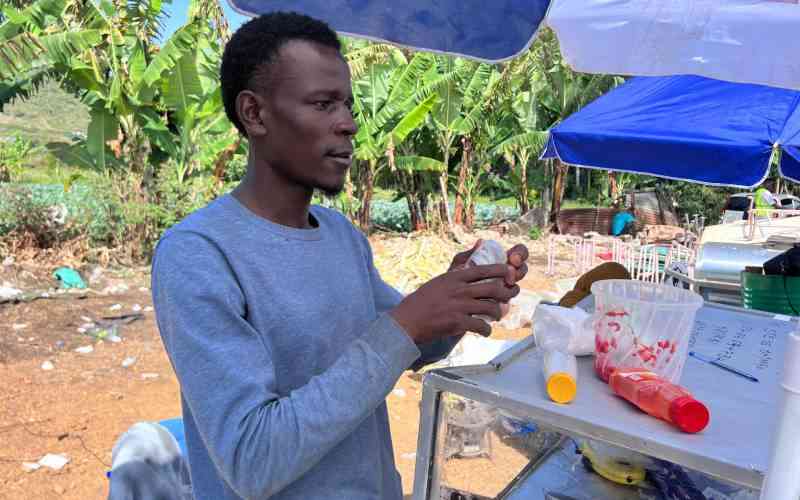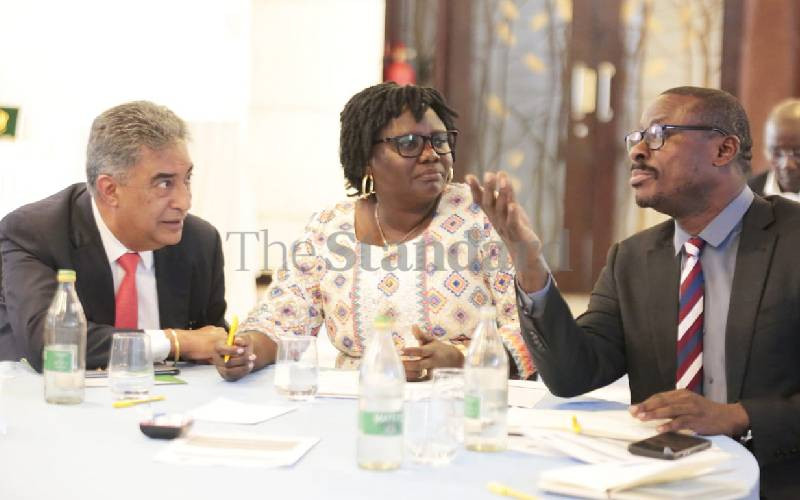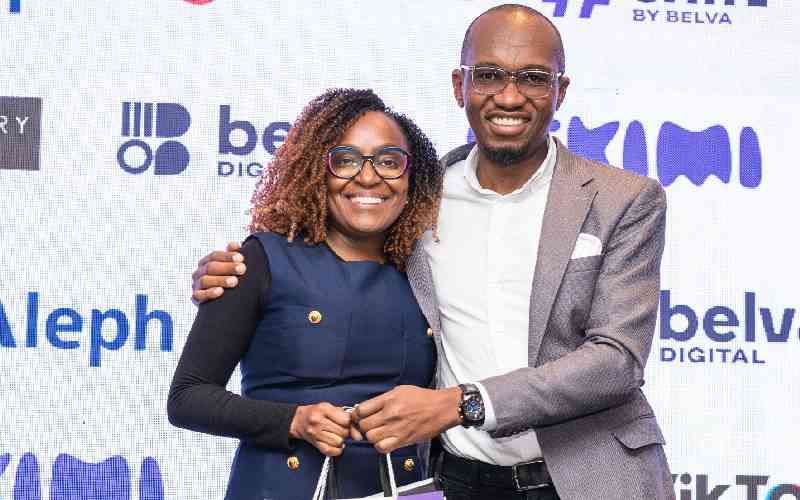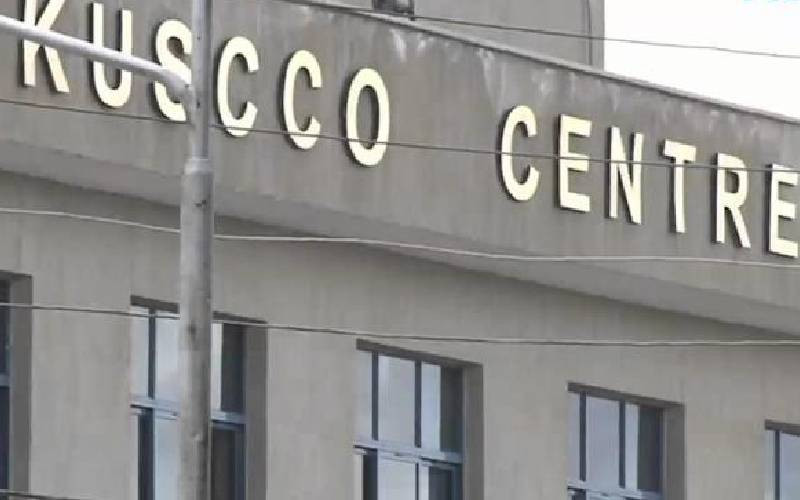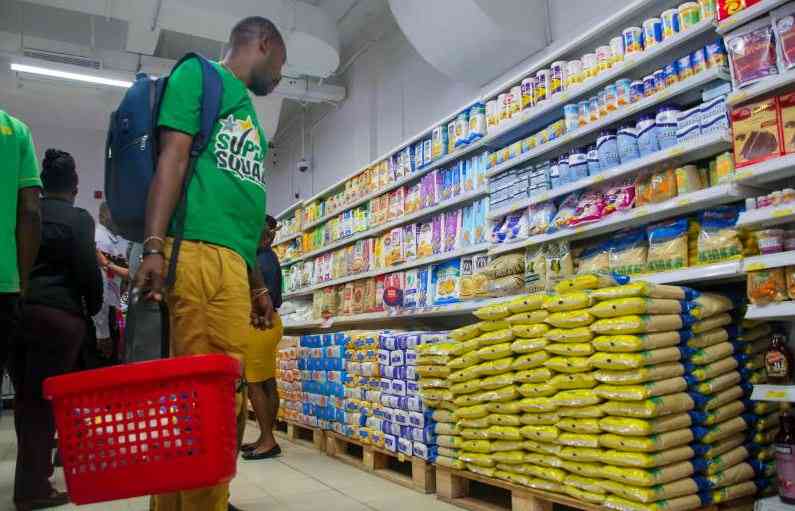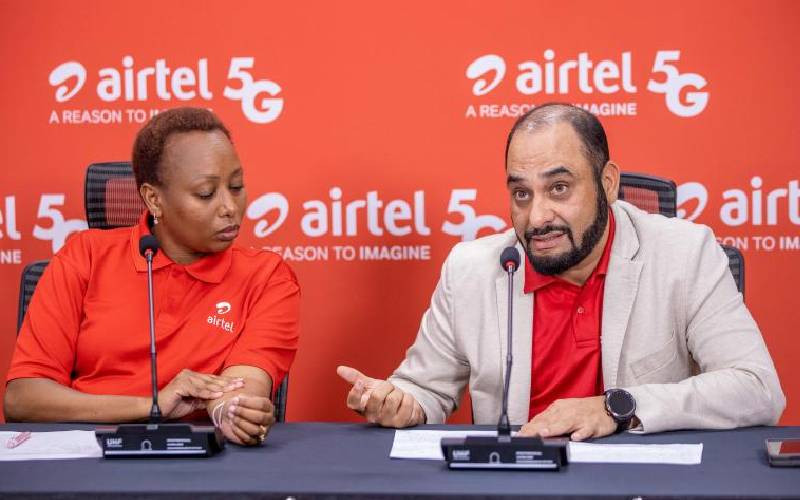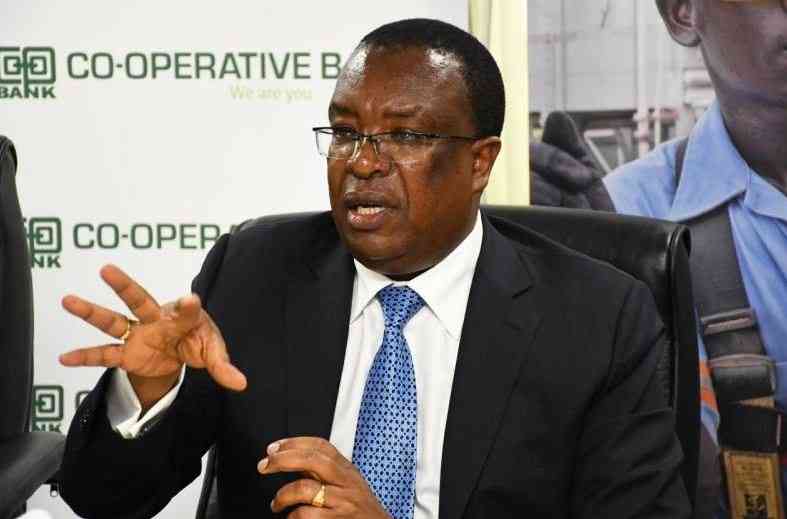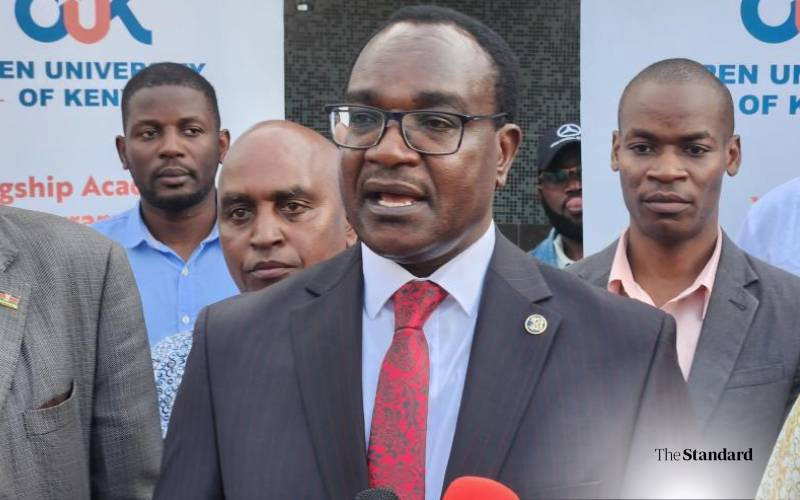
Education CS Migos Ogamba addresses the press in Naivasha. June 6, 2025. [Antony Gitonga, Standard]
Education stakeholders have commenced research aimed at improving the current education system in the country, citing inequality in various institutions and households.
Usawa Agenda organisation, which is implementing the Foundational Literacy and Numeracy Assessment (FALANA) 2025 countrywide, has partnered with Wezesha Jamii Community Based Organisation (CBO) in Kilifi County to collect data from households and learning institutions to be handed over to the Ministry of Education to guide in policy making.
The Competence-Based Curriculum (CBC), which was recently renamed Competency-Based Education (CBE), has drawn criticism from stakeholders, including parents, teachers, and politicians who have questioned its sustainability.
Speaking after a three-day training of 44 volunteers at Breeze Point hotel in Malindi town, Usawa Agenda coordinator in Kilifi and head of Wezesha Jamii, Ms Emmaculate Kai, said each volunteer will carry out the survey in 20 households and come up with data that will be forwarded to the government for review.
“In this research, we are targeting the kids between grades three and nine, and as the logo of Usawa Agenda indicates, we all come from different backgrounds, but when the education is just, then we will have similar outcomes. But currently in our country, we come from different backgrounds, and the education system is not just and so we have different outcomes that are unjust,” she said.
She added that the inequality in the education sector was hindering development, especially in rural and slum areas, and also in families with poor backgrounds.
Her sentiments were echoed by Ms Faith Jumwa, one of the two Usawa Agenda trainers of volunteers, who said that the data collected will inform policy making for learners in a view to achieving equity for all learners.
“With Usawa Agenda, they are doing research through data collection on the gaps that we have in our education system. The gaps we collect through the data tool will be put together and taken to the relevant stakeholders in education so that when they are making their policies, they make informed decisions to help our learners shortly,” she said.
Ms Jumwa said that the education system needed review since many communities were still unable to conform to the needs of the curriculum.
“There is a need for a review, especially regarding the Competency-Based Education (CBE), because we have many gaps in terms of learning resources and teachers, and there is no equality. You find that some schools lack teachers, while others have more than enough, especially in Science, Technology, Engineering, and Mathematics (STEM), Social Sciences, and Sports. Therefore, it is important will be important for the government to consider training or retooling teachers for specific career pathways so that when they interact with learners at school, they can provide the best education,” she said.
Ridhiwani Sadiki, another trainer, said that there was a need for public participation in future reviews in the education sector to gauge and get what communities’ needs are.
“When we are in the middle of review, what needs to be done is that inclusivity should be paramount, and proper public participation by all stakeholders, and especially the parents, because they are the ones who carry the huge budget burden in terms of supporting their children’s education,” he said.
A volunteer, Ms Evelyne Chipanga, said that most schools in Kilifi South subcounty were too crowded for CBE to be administered successfully.
Stay informed. Subscribe to our newsletter
